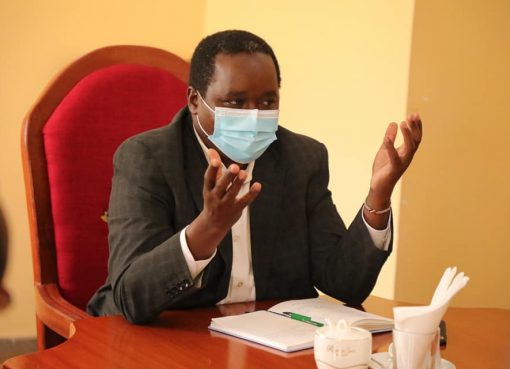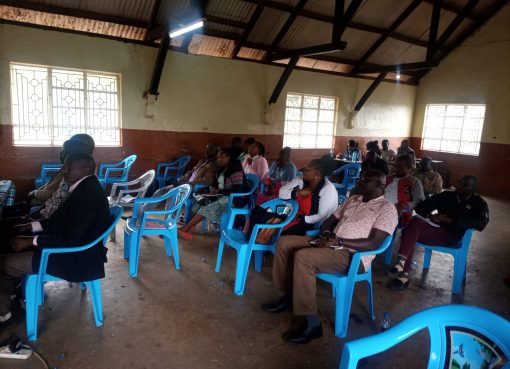Many pastoralists’ communities in Northern Kenya are now embracing irrigation farming as an alternative source of livelihood, something that was unheard of some years back.
With frequent, prolonged and devastating effects of the drought occasioned by the climate change, pastoralists’ communities are fast losing grip of their only source of livelihood, livestock, thus forcing majority of them to seek alternative sources of revenue.
With assistance from the Kenya Red Cross, some 203 farmers in Kulan, Dadaab sub-county in Garissa County are reaping the benefit of cultivating water melons and other horticultural crops under drip irrigation scheme.
Speaking when touring the 20 acre farm Monday, Kenya Red Cross North Eastern regional manager Mohamed Abdikadir said that the food security project is helping in promoting food security as one of the presidents Big Four agenda.
On his part, Garissa county Red Cross coordinator Mohamed Dubow said the livelihood project under the smart climate change agriculture will go a long way in improving the economic wellbeing of the area residents.
Under this project, farmers are provided with irrigation water free of charge. Water melons, onions and cowpeas are among the horticultural crops grown in the farm.
The borehole that also provides water for the livestock and for domestic use was constructed in August last year and fully equipped by the Kenya Red Cross. It’s powered by solar energy.
“We want to provide an alternative source of livelihood to the pastoralists’ communities in the area who have suffered in the hands of devastating and prolonged drought,” Dubow said.
“With the delayed March, April, May rains, the community here in Kulan will reap the benefits of embracing agriculture. As Ramadhan approaches next month, the water melons will be going for between Sh250 and Sh300,” he added.
He also said the pastoralists will be provided with seeds to plant grass for their animals. This, he noted, will reduce conflicts among the area community who are forced to crossover to Somalia and Isiolo in search of pasture and water for their animals.
Dubow said that the project will in the long run minimize children dropping out of school during drought season.
One of the beneficiaries, Bashir Mohamed thanked the Kenya Red Cross for coming up with such a noble idea that has turned around the livelihoods of the area residents.
“We have food round the year and money in our pockets, thanks to the Kenya Red Cross irrigation project,” Bashir said.
“I want to urge my fellow pastoralists to embrace farming as it is one of the solutions towards some of the woes facing us especially during the dry spell,” he added.
Speaking in Lodwar recently, area governor Ali Korane challenged the pastoralists communities to start ‘thinking outside the box’ if they have to turn around their sources of livelihoods.
Korane said ‘you don’t expect to do things the same way, year after year and expect positive results’.
By Jacob Songok



